Nothing tastes as good as sending feels. If Kate Moss was a climber, I’m sure that would be her mantra. Many sport climbers follow this mantra living off a diet of brocoli crowns and Diet Coke while many hard core aid climbers live off of a six pack of King Cobra and potato chips. So what’s the best diet for a climber? Fortunately, it’s neither starving yourself nor non-stop gorging.
Proper climbing nutrition starts with eating a balanced and appropriate diet with a focus on healthy nutrition. A basic climbing diet should consistent of plenty of fresh vegetables, lean proteins, whole grains, healthy fats, and unprocessed foods, plus a limited amount of refined sugar and unhealthy fats. The most important part of a solid climbing diet is to be knowledgeable about what you’re putting into your body.

Even superstar boulderers like Fred Nicole have to balance out their diets. Behind the bread and wine is ton of fresh veggies, lean meat, and other good food.
Several hours before heading out to the crag or to the boulders, it’s important to give your body plenty of fuel to start with and then help it sustain that level of energy throughout the day. Plan on eating small amounts of food throughout your climbing session to help sustain your energy and performance.
Three Pitfalls to Avoid
Extreme weight loss: While strength to weight is a crucial part of rock climbing, losing a ton of weight or starving your muscles will decrease your long term performance and increase the likelihood for injury and exhaustion.
Dehydration: Athletes lose a huge amount of performance potential while dehydrated. Make sure you drink regularly. Replace the electrolytes in your body and stay well hydrated.
Bonking: Bonking is what happens when a climber’s blood sugar drops during long term exercise. The phenomenon occurs often on long wall routes or long trad climbs. Suddenly, you just can’t move. Avoid bonking by eating frequently and regularly through your workout.
There’s a number of different ideas about maximum performance. Some climbers caffeinate their bodies for long term endurance, others prefer a vegan diet, and still others adhere to the paleo diet. Stay informed about your health. Eat well and climb better. Check out the great bars, foods, and protein drinks that each Touchstone gym has to offer.
Here’s One Climbers Diet:
Breakfast
A big scramble:
2 eggs cooked in a little coconut oil
4 oz salmon or turkey sausage
1 cup veggies (broccoli, greens, peppers, whatever we have)
1/4 avocado
small piece of fruit
lots o’ water
4 g L-glutamine (it helps sugar cravings, recovery and gut health and I love it)
Snack
If I get hungry for a snack, which I usually do, it’s about 2 hours after breakfast after I’ve done about 3 climbs.
1 oz pemmican or about 2 oz jerky and a handful of berries
Lunch
As Mark Sisson likes to call it, a Big Ass Salad. Even though we’re camping, we have a giant, fully stocked cooler at our disposal all day, so I bring plenty of veggies. Spinach, kale, cabbage, cucumbers, squash or zucchini, sliced turkey or ham, lemon juice and avocado.
Or I’ll get lazy and just eat about 5 oz of meat, a bit of avocado and a piece of fruit.
Snack
Lately it’s been a banana berry nut paleo muffin made with a mix of coconut flour, almond flour and tapioca flour with a LOT of fruit and nuts mixed in. It’s about 240 calories, 25 g carbs, 14 g fat and 6 g protein. I’ll put the recipe up soon because they’re aMAZing.
Dinner
Last weekend this is what we made.
1 lb grass fed ground beef
1 jar marinara
1 green pepper
1/2 yellow squash
capers
5 oz mushrooms

